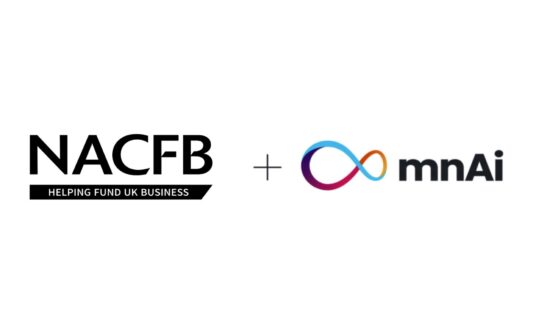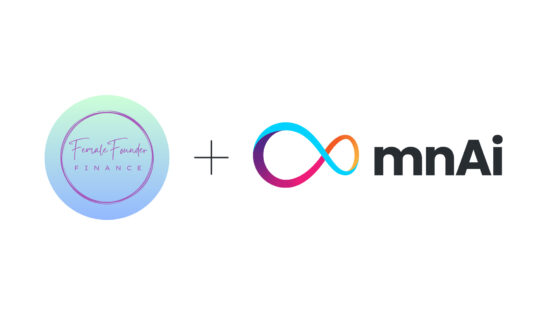10 May 2023
The rise of the machines – generative AI for a brighter future

Once the stuff of the sci-fi novelist’s fantasies, machine learning and data analysis is our present and future reality, and the revolution is under way…
The rise of the machine has long ceased to be a sci-fi or dystopian concept, with generative AI being the natural next step forwards. Also known as deep learning, generative AI is now arming machines to make predictions and perform tasks based on sets of data, without any human interference in the process.
Recently, the press has been dominated by this technological advancement in how machines learn. Until now, machine learning needed humans to classify data, but generative AI is unsupervised. Large amounts of data are fed into the machine, which it then uses to make predictions and calculations in many different forms.
Many of these generative AI forms are visual, such as images and video, however, it can now generate code, summarise and write text, and even create audio.
If you give DALL-E a descriptive word, it will create a painting based on it. Meanwhile, straight out of the Isaac Asimov storybook comes Chat Generative Pre-trained Transformer (ChatGPT). According to its developers, ChatGPT “interacts in a conversational way. The dialogue format makes it possible for ChatGPT to answer follow-up questions, admit its mistakes, challenge incorrect premises, and reject inappropriate requests”.
As exciting as it already seems right now, the functionality is continuing to grow and rapidly improve. Development is progressing at an exponential rate. This has only been possible because of the involvement of giants like Meta Platforms, Microsoft and Google, which have been working on private and open source advanced GPT models.
But all of this comes with a warning. Along with the creative potential and transformational properties of generative AI comes complications of a human cost in the form of copyright infringement, discriminatory content and misinformation. This, of course, means that tech leaders bear a heavy burden of responsibility on their shoulders – along with the unprecedented advantages, there needs to be tough and evolving regulation.
A good example of this would be the sometimes error-prone ChatGPT, which has produced incorrect and inappropriate answers to questions. This stems from using the entire internet as its training set, something that most college professors would have numerous concerns over.
This particular pitfall is avoided by companies that employ generative AI for a specific use. In these circumstances, the machine can be fed specific data sets which allows fine-tuning.
The massive growth of generative AI has also seen huge investment in the sector. It was recently reported that it’s “the next watering hole for venture funds. According to Pitchbook, venture capitalists have increased investment in generative AI by 425% since 2020, to $2.1bn”. And in February, BlackRock trumpeted that there’s “nothing artificial about investment opportunities in generative AI”.
On top of this, generative AI’s head-turning capabilities have not only caught the eye of Google, but earned it an offer of marriage. The multinational tech behemoth is incorporating AI into its Workspace cloud applications, including Gmail, Docs, Slides, Sheets, Meet, and Chat. According to Marktechpost, “users will be able to employ generative AI’s power to create, connect, and collaborate in ways that have never been possible.”
This rapid rise in the capabilities of generative AI allow it access to areas of our personal and professional lives that would once have been unimaginable. Now the future not only seems more efficient with its presence, but infinitely more fascinating.
And although generative AI is stealing most of the headlines at present, AI tools lie across a broad spectrum. They can lend coherence to data points and resultant insights, efficiently streamlining the research time needed for accurate due diligence, supply chain analysis, lead generation and other services covered by the mnAi data platform.
Yes – AI plays a significant role in what we do. But, also yes – this article was written by a human… can you tell?
To book a free, interactive demo of the mnAi data platform, click here


